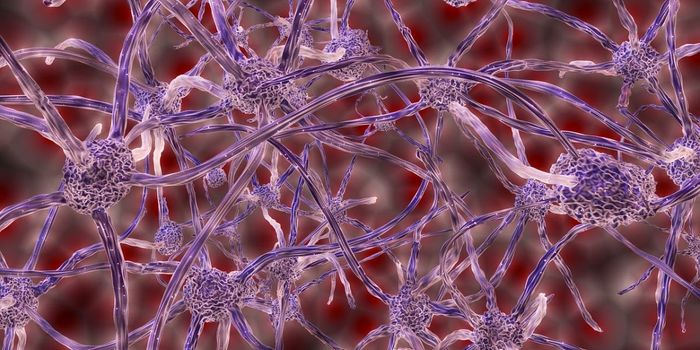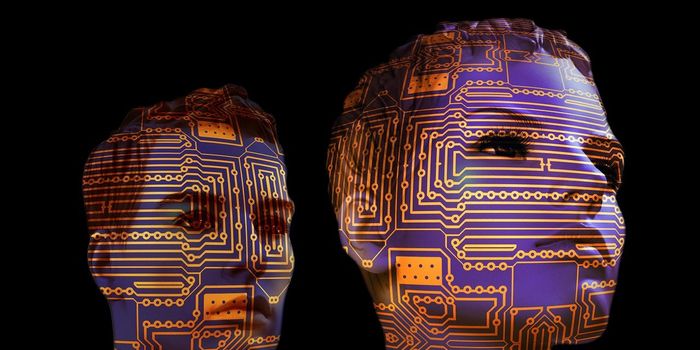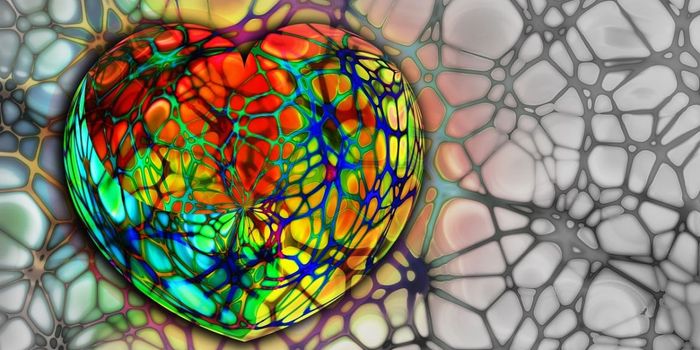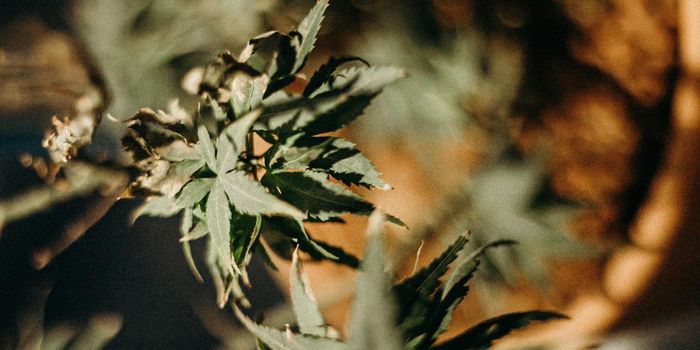Space & Astronomy
Humans Surviving On Titan?
MAR 19, 2015 2:03 PM PDT
Share
Older Really Can Mean Wiser

A recent article by Benedict Carey in The New York Times explores research into the nature of the aging brain. Turns out that some things (besides wine) do get better with age.
Behind all those canned compliments for older adults - spry! wily! wise! - is an appreciation for something that scientists have had a hard time characterizing: mental faculties that improve with age.
Knowledge is a large part of the equation, of course. People who are middle-aged and older tend to know more than young adults, by virtue of having been around longer, and score higher on vocabulary tests, crossword puzzles and other measures of so-called crystallized intelligence.
Still, young adults who consult their elders (mostly when desperate) don't do so just to gather facts, solve crosswords or borrow a credit card. Nor, generally, are they looking for help with short-term memory or puzzle solving. Those abilities, called fluid intelligence, peak in the 20s.
No, the older brain offers something more, according to a new paper in the journal Psychological Science. Elements of social judgment and short-term memory, important pieces of the cognitive puzzle, may peak later in life than previously thought.
The postdoctoral fellows Joshua Hartshorne of M.I.T. and Laura Germine of Harvard and Massachusetts General Hospital analyzed a huge trove of scores on cognitive tests taken by people of all ages. The researchers found that the broad split in age-related cognition - fluid in the young, crystallized in the old - masked several important nuances.
"This dichotomy between early peaks and later peaks is way too coarse," Dr. Hartshorne said. "There are a lot more patterns going on, and we need to take those into account to fully understand the effects of age on cognition."
The new paper is hardly the first challenge to the scientific literature on age-related decline, and it won't be the last. A year ago, German scientists argued that cognitive "deficits" in aging were caused largely by the accumulation of knowledge - that is, the brain slows down because it has to search a larger mental library of facts. That idea has stirred some debate among scientists.
Experts said the new analysis raised a different question: Are there distinct, independent elements of memory and cognition that peak at varying times of life?
"I think they have more work to do to demonstrate that that's the case," said Denise Park, a professor of behavior and brain science at the University of Texas at Dallas. "But this is a provocative paper, and it's going to have an impact on the field."
The strength of the new analysis is partly in its data. The study evaluated historic scores from the popular Wechsler intelligence test, and compared them with more recent results from tens of thousands of people who took short cognitive tests on the authors' websites, testmybrain.org and gameswithwords.org. The one drawback of this approach is that, because it didn't follow the same people over a lifetime, it might have missed the effect of different cultural experiences, said K. Warner Schaie, a researcher at Penn State University.
But most previous studies have not been nearly as large, or had such a range of ages. Participants on the websites were 10 to 89 years old, and they took a large battery of tests, measuring skills like memory for abstract symbols and strings of digits, problem solving, and facility reading emotions from strangers' eyes.
At least as important, the researchers looked at the effect of age on each type of test. Previous research had often grouped related tests together, on the assumption that they captured a single underlying attribute in the same way a coach might rate, say, athleticism based on a person's speed, strength and vertical leaping ability.
The result of the new approach? "We found different abilities really maturing or ripening at different ages," Dr. Germine said. "It's a much richer picture of the life span than just calling it aging.
Source:
You May Also Like
Loading Comments...








